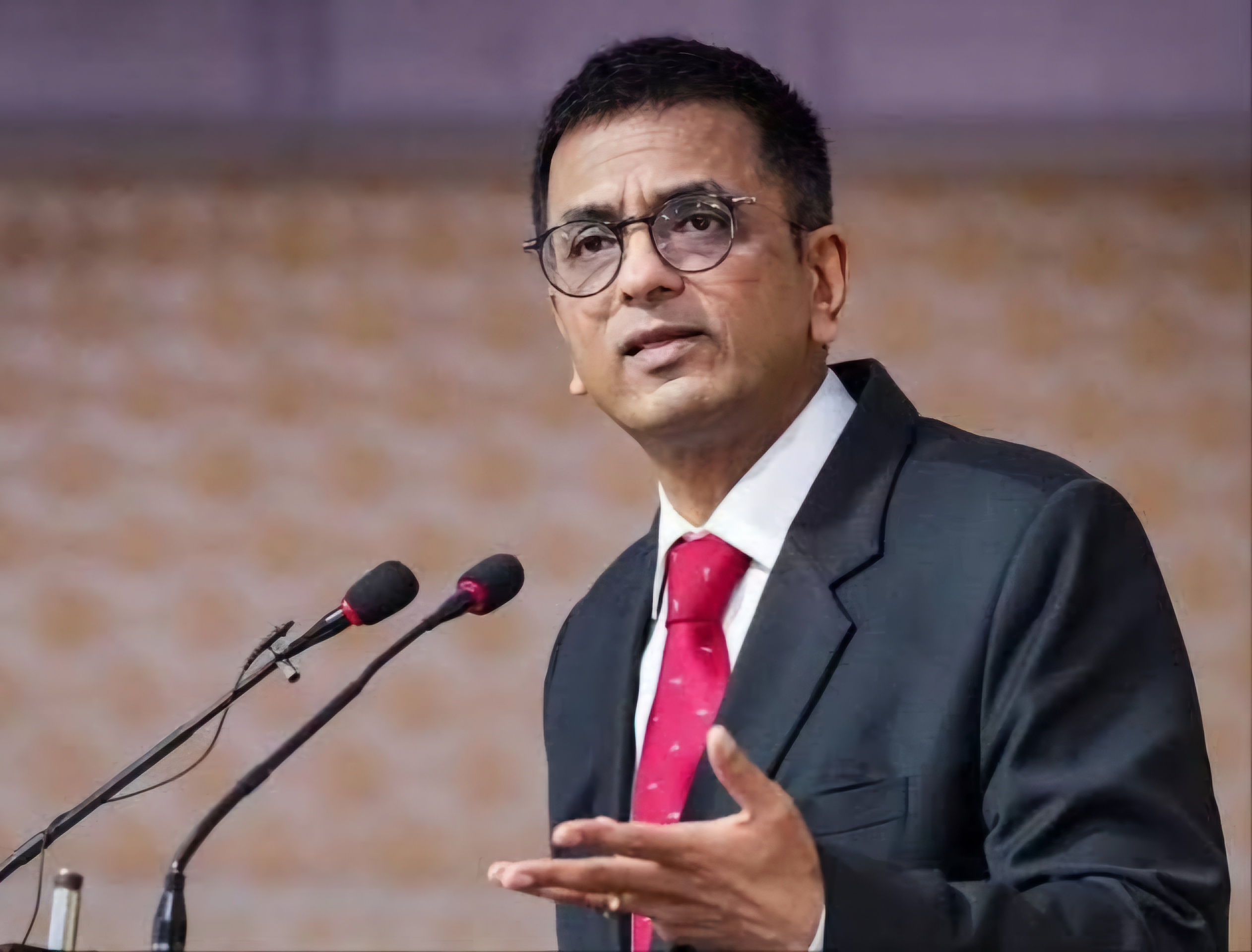


Chief Justice of India (CJI) DY Chandrachud as of late reaffirmed the point of interest Sabarimala judgment, which permitted ladies of all ages to enter the Sabarimala sanctuary. In guarding the choice, CJI Chandrachud emphasized that the concept of untouchability isn't kept exclusively to caste but can moreover apply to gender-based avoidance. His comments came in reaction to progressing talks about over the broader social and devout suggestions of the 2018 judgment.
CJI's Rationale
Amid a open address, CJI Chandrachud highlighted the protected underpinnings of the Sabarimala choice. He famous that Article 17 of the Indian Structure, which nullifies untouchability, amplifies past caste segregation to any frame of avoidance that damages human nobility. He clarified that gender-based avoidances, such as notwithstanding ladies from entering devout spaces, can moreover be seen through the focal point of untouchability.
CJI Chandrachud stated, “Untouchability is not tethered to caste alone. Any exclusion which dehumanizes or discriminates, even on the basis of gender, falls within the ambit of untouchability.”
implications for equality and religious freedom
CJI Chandrachud's defense of the Sabarimala ruling demonstrates the judiciary's dedication to nondiscrimination and equality. In the fight to strike a balance between religious freedom and the equality and dignity guaranteed by the constitution, the ruling was a turning point. The Supreme Court reiterated its position that discrimination against women and other vulnerable groups cannot be justified by religious traditions by expanding the definition of untouchability to include gender-based exclusions.
Conclusion
The CJI's comments demonstrate how the Sabarimala verdict continues to have an impact on how India views gender equality and untouchability. This defense of the ruling serves as a reminder that the fundamental principles of the Constitution—decency, equality, and justice—must direct society and judicial decisions while discussions about the relationship between religion and the law.
TAGS: CJI DY Chandrachud Sabarimala judgment untouchability caste gender equality religious freedom Article 17 Supreme Court women's rights constitutional principles discrimination.